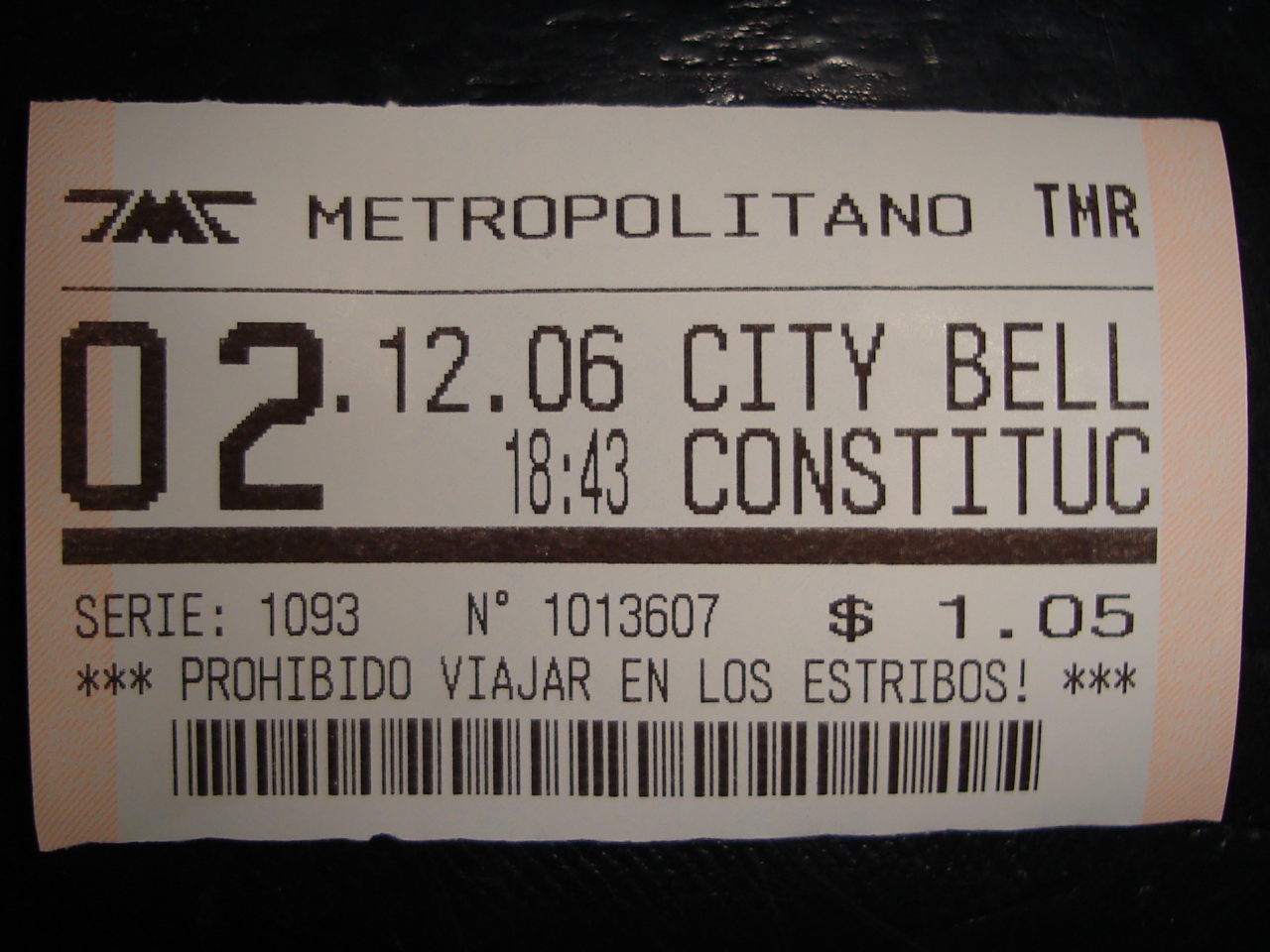
January 6, 2014, by Guest blog
There are two different ways to define the word ‘fluent’ – unfortunately I haven’t achieved either of them
Spending four months in Spain you would think you’d be able to become fluent in the Spanish language. Unfortunately, my expectations did not turn out to be anywhere near true. To sum up my “language acquisition”, I would say that whilst I have improved, there is still so much more I need to learn and get better at.
In my view there are, in general, two different ways to define the word “fluent”. The first involves knowing all the vocabulary of the target language, all the grammar, and all the idioms so that you could create a sentence ‘on demand’. The other definition would be the ability to maintain a conversation in the target language, without the need for pause to think about how to structure a sentence or how to conjugate the subjunctive you find yourself using – but perhaps with a few mistakes here and there.
Unfortunately, I don’t think I can say I have fully achieved either of those definitions, but the truth is my expectations were way too high. Instead, I have learnt lots of new words, which I would have only learnt by being in Spain. These are really basic, common words that you would never learn in a classroom, like baggage reclaim area and electricity bills. From translating documents for my job in Spain I’ve also learnt technical vocabulary…although I can’t remember any off the top of my head! From hearing it in context enough times I have also finally got to grips with the difference between the Imperfect and Preterite, something I’ve always pretty much guessed when I’ve been clueless in an exam. The Subjunctive is another part of the language I’ve also come to understand – or rather I’ve come to accept that after certain things you say or write, you just have to use the subjunctive. In other words, being in Spain has helped me to simply ‘do what I’m told’ with regards to grammar rules, rather than question it.
There are all sorts of ways I have improved my language skills. I’ve already mentioned how translating helps me. Seeing signs on the way to work has made me automatically remember certain traffic instructions, as have the little rules that my landlady has stuck all over the flat. Then I speak Spanish at work (sometimes…this is quite difficult when you’re working with two Brits, two Dutch people, two Americans and one Latvian…), as well as with my flatmates. There’s definitely more I could have done to get better, but in the end you’re always going to end up being close to the people who speak English – how else are you going to establish a bond if you can’t even make a joke in Spanish?
So where am I now? I can confidently read and understand an entire El País article from start to finish, but I wouldn’t be able to write one. I can finally comprehend my landlady when I go to pay the rent, but again I would not be able to say what she’s saying. When it comes to speaking and writing, I still need to learn so much more vocabulary, and I need to brush up on my grammar knowledge, but I’m proud of the fact that I can go to the train station and buy a ticket by speaking in Spanish, and I can explain to my work colleagues the tasks that I’ve completed without stuttering too much.
No comments yet, fill out a comment to be the first

 English
English
Leave a Reply